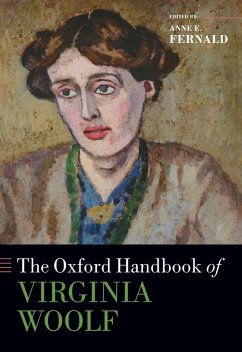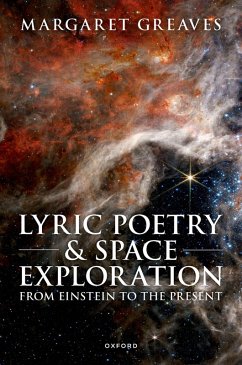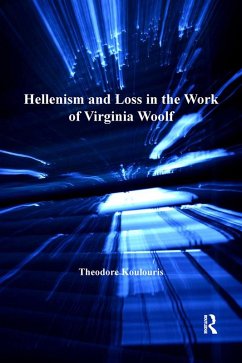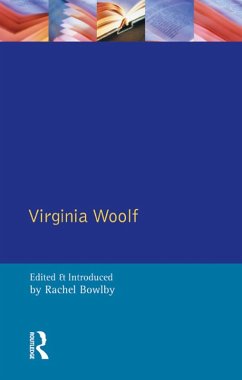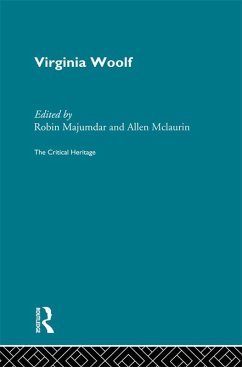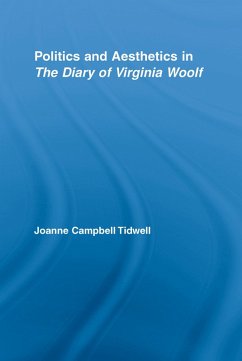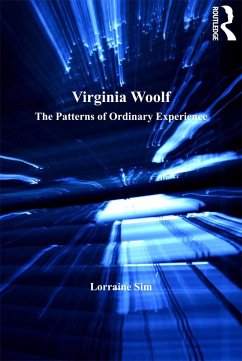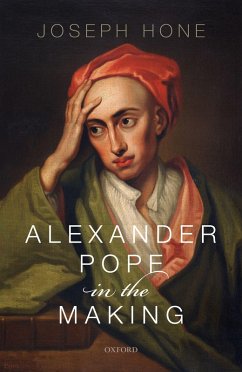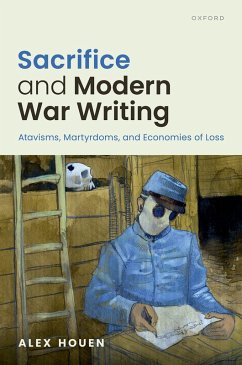
Virginia Woolf and Poetry (eBook, ePUB)
Versandkostenfrei!
Sofort per Download lieferbar
38,95 €
inkl. MwSt.
Weitere Ausgaben:

PAYBACK Punkte
19 °P sammeln!
Virginia Woolf's career was shaped by her impression of the conflict between poetry and the novel, a conflict she often figured as one between masculine and feminine, old and new, bound and free. In large part for feminist reasons, Woolf promoted the triumph of the novel over poetry, even as she adapted some of poetry's techniques for the novel in order to portray the inner life. Woolf considered poetry the rival form to the novel. A monograph on Woolf's sense of genre rivalry thus offers a thorough reinterpretation of the motivations and aims of her canonical work. Drawing on unpublished arch...
Virginia Woolf's career was shaped by her impression of the conflict between poetry and the novel, a conflict she often figured as one between masculine and feminine, old and new, bound and free. In large part for feminist reasons, Woolf promoted the triumph of the novel over poetry, even as she adapted some of poetry's techniques for the novel in order to portray the inner life. Woolf considered poetry the rival form to the novel. A monograph on Woolf's sense of genre rivalry thus offers a thorough reinterpretation of the motivations and aims of her canonical work. Drawing on unpublished archival material and little-known publications, the book combines biography, book history, formal analysis, genetic criticism, source study, and feminist literary history. Woolf's attitude towards poetry is framed within contexts of wide scholarly interest: the decline of the lyric poem, the rise of the novel, the gendered associations with these two genres, elegy in prose and verse, and the history of English Studies. Virginia Woolf and Poetry makes three important contributions. It clarifies a major prompt for Woolf's poetic prose. It exposes the genre rivalry that was creatively generative to many modernist writers. And it details how holding an ideology of a genre can shape literary debates and aesthetics.
Dieser Download kann aus rechtlichen Gründen nur mit Rechnungsadresse in A, B, BG, CY, CZ, D, DK, EW, E, FIN, F, GR, HR, H, IRL, I, LT, L, LR, M, NL, PL, P, R, S, SLO, SK ausgeliefert werden.




